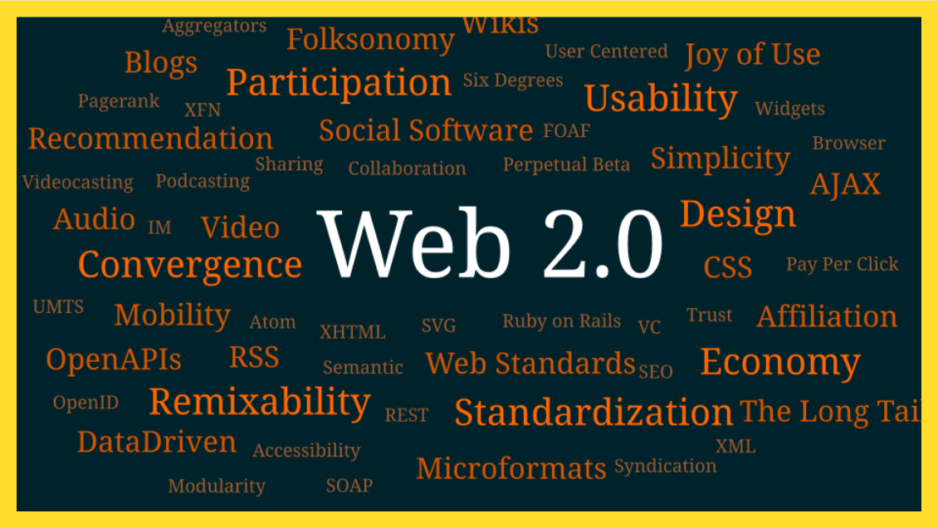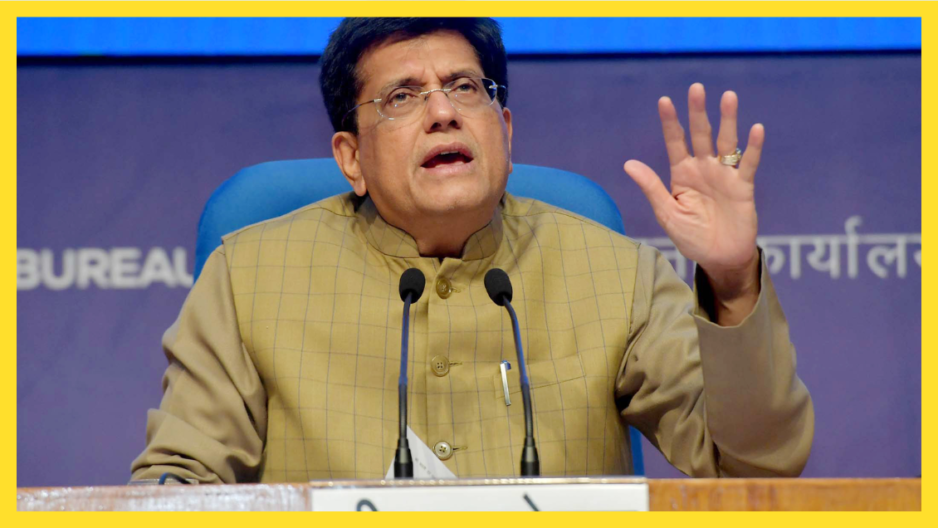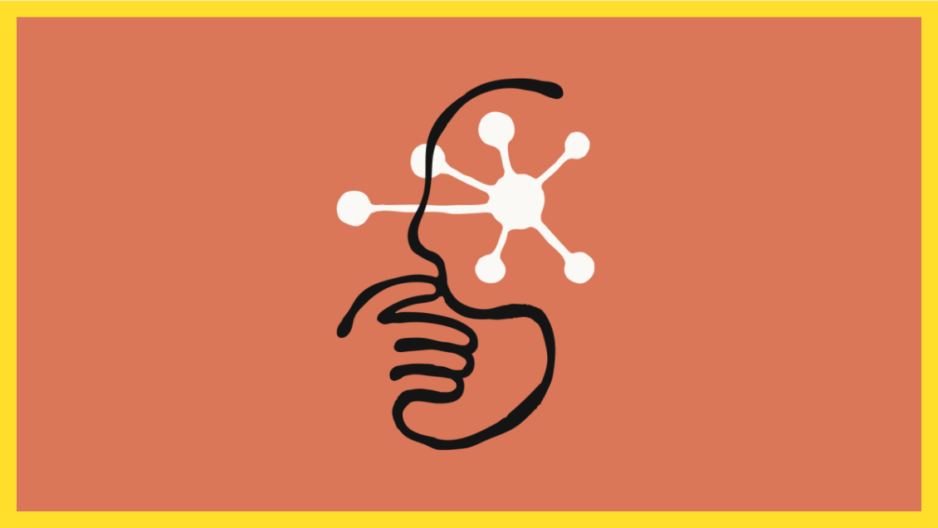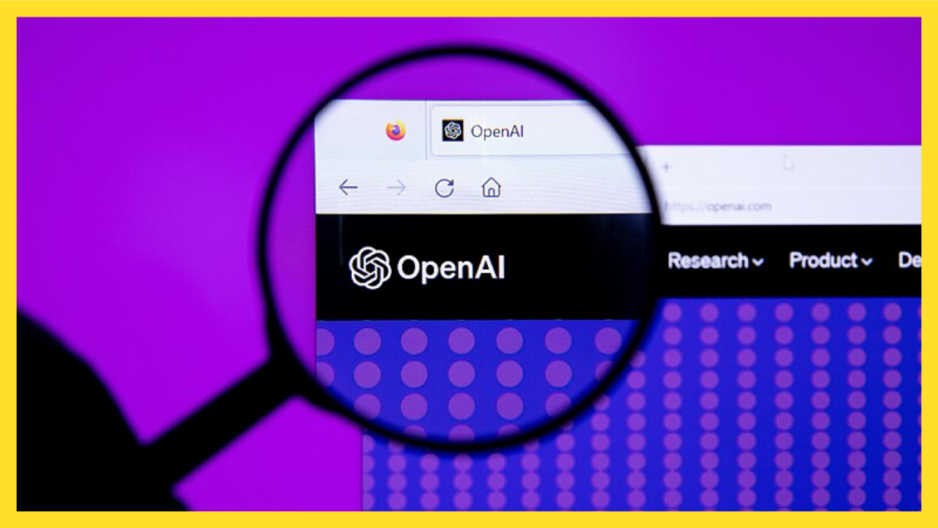Web 2.0 platforms like Digg, HARO, and TechCrunch are being revived to counter today’s closed, algorithm-driven internet. People crave open, community-driven tools that prioritize credibility and meaningful connections over virality and noise. This resurgence isn’t just nostalgia—it’s about reclaiming access and trust in the AI era.
Read more on Inc










